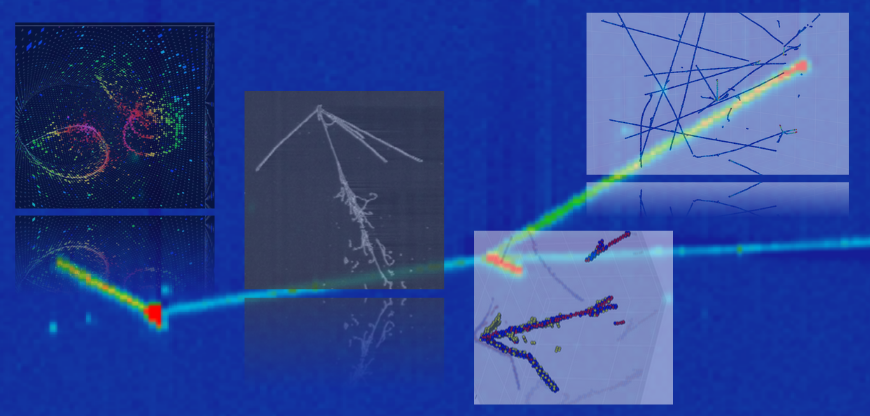Speaker
Description
Characterizing the astrophysical neutrino flux with the IceCube Neutrino Observatory traditionally relies on a binned forward-folding likelihood approach. Insufficient Monte Carlo (MC) statistics in each bin limits the granularity and dimensionality of the binning scheme. A neural network can be employed to optimize a summary statistic that serves as the input for data analysis, yielding the best possible outcomes. This end-to-end optimized summary statistic allows for the inclusion of more observables while maintaining adequate MC statistics per bin. To enable such optimization, the entire analysis pipeline must be fully differentiable. This includes differentiable binning operations and sensitivity calculation from Fisher information. Ensuring differentiability across all components allows gradients to propagate seamlessly from the final sensitivity measure back to the analysis inputs, enabling true end-to-end training. This work will detail the application of end-to-end optimized summary statistics in analyzing and characterizing the galactic neutrino flux, achieving improved resolution in the likelihood contours for selected signal parameters and models.

